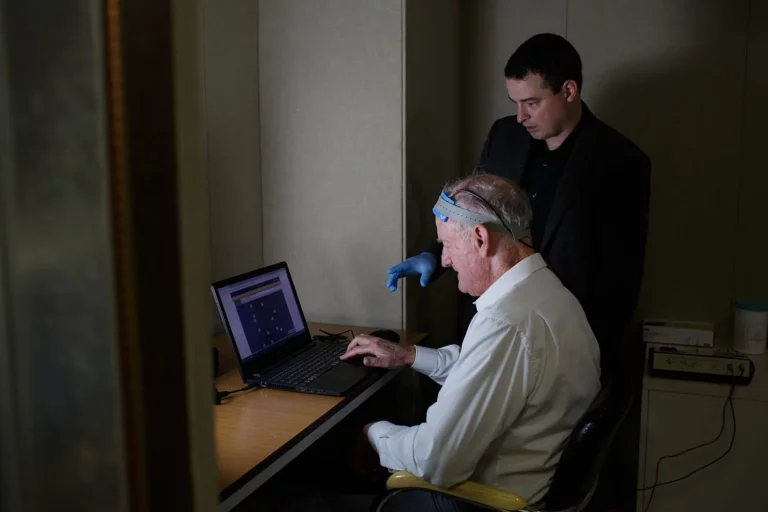The quest for effective, non-pharmaceutical treatments for mental health issues receives a new ray of hope with a recent study from the University of Florida. The study reveals that transcranial direct current stimulation (tDCS), a noninvasive brain stimulation technique, may significantly improve symptoms of depression and anxiety among older adults.
Depression and anxiety are common in older adults, affecting about one in four, and can detrimentally impact cognitive function and independence. Traditional treatments typically involve medications and therapy, but not everyone responds to these methods. That’s where tDCS comes in. This technique uses a mild electrical current to stimulate specific parts of the brain, in this case, the prefrontal cortex, which is crucial for emotional regulation and cognitive functions.
The study was extensive, involving nearly 400 participants across UF and the University of Arizona, making it the largest of its kind for this age group. Participants underwent 12 weeks of tDCS paired with cognitive training, focusing on improving working memory and processing speed, or a placebo version of the treatment. The results showed notable improvements in participants with mild depression and moderate to severe anxiety symptoms, offering a glimpse of hope for those seeking alternatives to traditional treatments.
The findings suggest that tDCS, combined with cognitive exercises, could be a viable, cost-effective method for managing psychological symptoms in older adults, particularly those with subclinical levels of depression and anxiety which can still lead to cognitive decline. This promising method paves the way for further research and potentially broadens treatment options, making it accessible for at-home use and integrating well with existing mental health therapies.
For more information on this innovative treatment and its potential impacts, read the full article.




